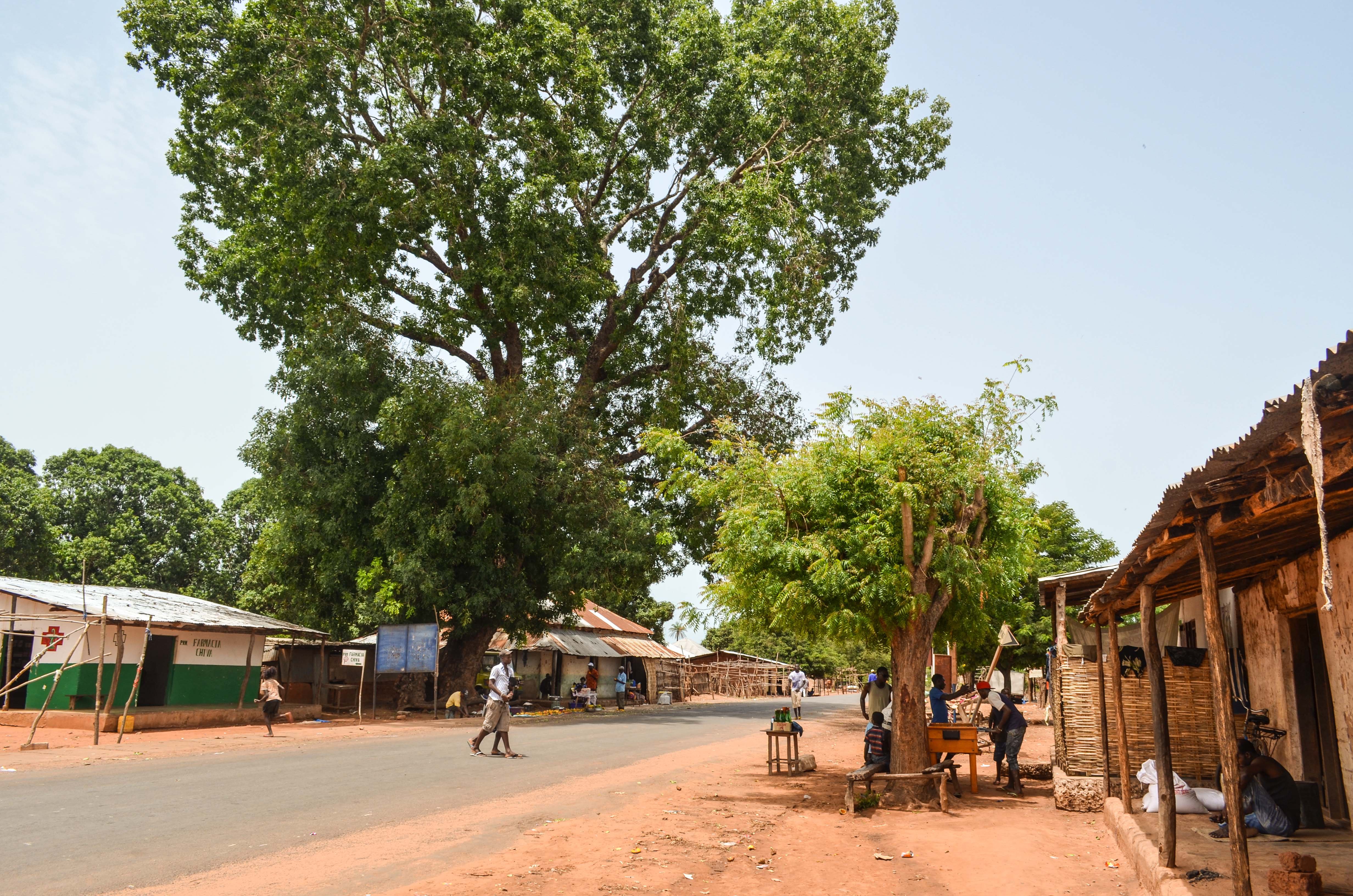Informal payments are widespread in the health sector in Guinea-Bissau. They impact negatively on equity and introduce distortions that negatviely affect efficiency and quality. In the worst cases, treatment may be withheld or deliberately delayed with a view to soliciting informal payments, sometimes with catastrophic results for the patient.
There is a growing literature on informal payments in the health sector, which are widespread in low- and middle-income countries. Informal payments have been found to compromise the efficiency of healthcare provision, create perverse incentives that represent an obstacle to health reform policy and undermine the government’s ability to raise funds for health. The cost of informal payments and the barrier this creates to accessing healthcare also places a heavy burden on the poorest members of society. The practice of informal payments therefore undermines increasing international efforts towards achieving universal health coverage. At the same time, informal payments have been described as part of a wider remuneration strategy whereby such payments are one of the many coping mechanisms for health workers, often due to poor working conditions, low and irregular salaries, and a sense of abandonment by the state.
This paper explores the situation as it stands in Guinea-Bissau, and outlines some approaches to tackling the rampant practice of soliciting informal payments in the public health sector, as well as the underlying causes prompting the practice.
Nichola Kitson was an ODI Fellow in Mozambique and Guinea-Bissau 2015–2017 before winning the first post-ODI Fellowship Research Grant, which allowed her to conduct the research leading to this paper.
